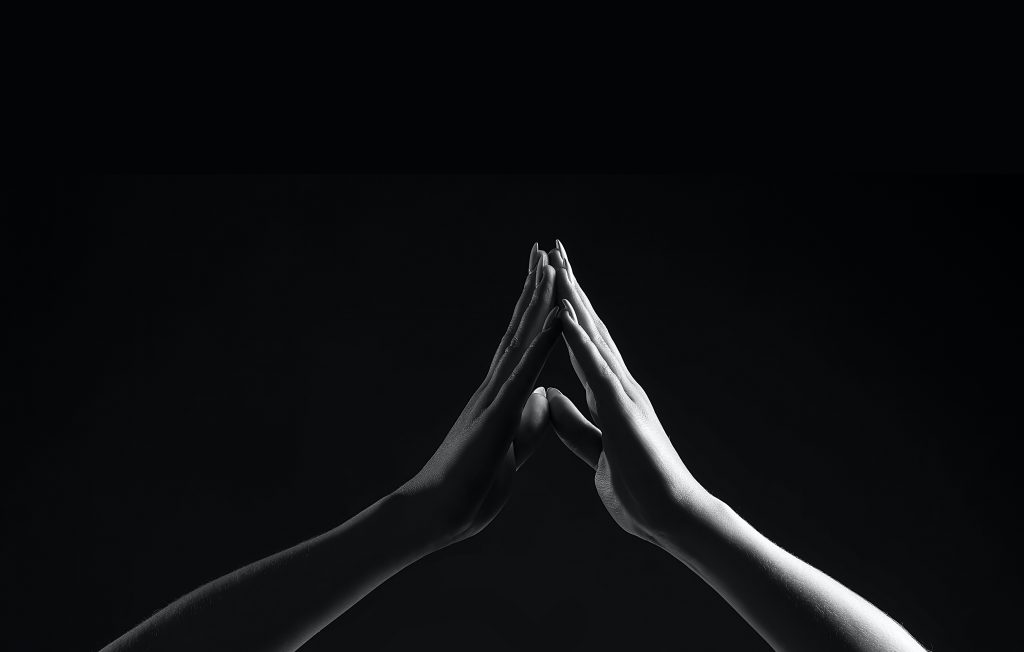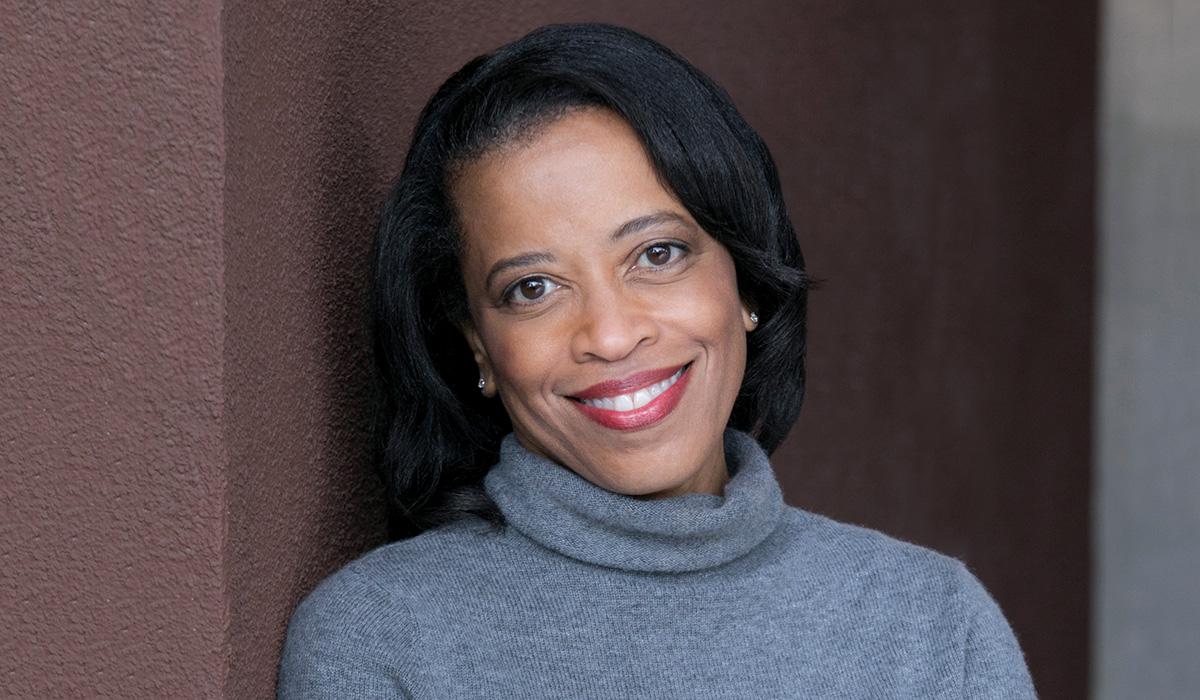Mindfulness Could Change Racial Inequality, According to a San Francisco Law Professor
Professor Rhonda Magee says fostering our capacity for compassion is the key to not only helping ourselves but to helping others.


Rhonda V. Magee grew up in the midst of the civil rights movement of the 1960s – and the backlash to those changes.
The University of San Francisco law professor says the inspiration for her holistic approach to address social, racial and economic injustice came from her upbringing in North Carolina with her grandmother. Magee says seeing her get up before dawn every day, no matter how exhausted she was, to pray and center herself was a powerful experience. Her grandmother may not have been allowed a chance at better-paying work, or continuing education, but her morning prayers were a valuable tool in her life.
“She knew enough to know that there’s a way to start your day in a way to be with the experience of your life that can help manifest the power that we all have to make a difference,” she says.
When Magee began teaching law, and eventually critical race theory and racism in legal theory, she realized legal education needed to go beyond simply learning historical facts and arguments.
“We actually needed a way to integrate the social and emotional dimensions, what we knew from our own experiences into the conversation and so the mindfulness that I had already started to lean on for my own support moving through the world was something I started to bring to my students,” she says.
That led her to write her new book, “The Inner Work of Racial Justice: Healing Ourselves and Transforming Our Communities Through Mindfulness.”
While her insight into the integration of mindfulness and compassion in racial justice nearly 20 years ago, Magee says this idea of inner work wouldn’t have gotten the level of receptivity had it not been for recent life-changing events such as the COVID-19 pandemic and the power of the Black Lives Matter movement.
“We’ve been coming through a time where we all as a culture started to understand that inner work matters. And then we had this moment of pausing with the reckoning with racism coming out of the unfortunate killing of George Floyd, and then the intersecting that with the climate distress that we’re all feeling, and the public health distress of the coronavirus,” she says. “I do think all of those changes have made it a little bit more possible and maybe imperative for us to disrupt these patterns that we’ve inherited.”
Through her work, she tries to create space for exploring the underlying issues behind the society-wide challenges like social, racial and economic inequality by cultivating more compassionate communication. Magee says that’s even more vital, especially amid a heavily divisive media environment today where words like “woke” and “triggered” are purposely misused when talking about the real pain and trauma that many BIPOC, women, and LGBTQ people are going through.
“There’s money being made off of these patterns around how we’re being trained to focus on extreme aggression or extreme emotions and narratives of universal victimization. That’s infused in a culture of capitalistic appeal, a kind of way of using that to amass different types of power, including economic power,” explains Magee. “So it’s that weird intersection between technology, capitalism and politics that I think is part of what we’re dealing with.”
“There’s money being made off of these patterns around how we’re being trained to focus on extreme aggression or extreme emotions and narratives of universal victimization. That’s infused in a culture of capitalistic appeal, a kind of way of using that to amass different types of power, including economic power. So it’s that weird intersection between technology, capitalism and politics that I think is part of what we’re dealing with.” — Rhonda V. Magee, author of The Inner Work of Racial Justice: Healing Ourselves and Transforming Our Community Through Mindfulness
These structures are difficult to dismantle, she says, but mindfulness can help us “develop the will to hold ourselves accountable.”
“Mindfulness is an opportunity to say, ‘wait a minute, my attention is my own. It may not be for sale, or if it’s for sale, let me set the terms,’” she says. “It’s about centering on what we can do to disrupt some of the ways that we are being drawn into, seduced into these kinds of practices and systems and structures that foment despair, negativity, cruelty even violence.”
People shouldn’t wait for the next moment of revolution or policy change to integrate mindfulness in racial justice work, she says.
“If we can embed in how we do what we do every moment a sense of what it means to be in right relationship with each other, to treat each other justly … then I think we can make a difference right here, right now.”
Listen: Rhonda V. Magee talks about the book and leads a brief mindfulness exercise.
Trusted, accurate, up-to-date.
WDET strives to make our journalism accessible to everyone. As a public media institution, we maintain our journalistic integrity through independent support from readers like you. If you value WDET as your source of news, music and conversation, please make a gift today.
